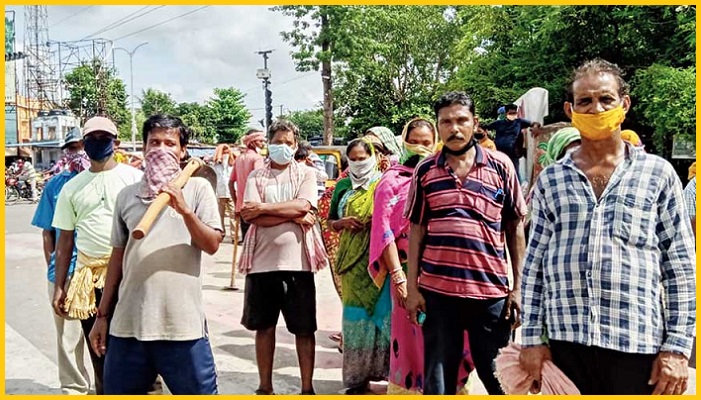In a major change to labour rules, the Andhra Pradesh government has updated its labour laws to increase the minimum workday from 9 to 10 hours for employees in private companies and factories.
This decision, meant to boost productivity and attract more investment, has faced strong criticism from trade unions and social media users who are worried about workers’ rights.
Govt Says It’s a Step for Growth
The Telugu Desam Party (TDP)-led government defended the decision, saying it supports the goals of the state’s IT & GCC Policy 4.0, which promotes flexible and remote work options.
Chief Minister Chandrababu Naidu said this change is part of a bigger plan to improve work-life balance and increase job opportunities.
“This move can help create a better work-life balance,” Naidu said.
Women Can Work Night Shifts with Safety Measures
The updated law also allows women to work night shifts—from 7 p.m. to 6 a.m.—if safety and transport arrangements are in place.
Some people praised this change as a move toward gender equality, but critics stressed that proper safety measures and strict monitoring are essential.
One social media user commented, “The new Factories Amendment Bill supports industrial reform, but we must not forget the importance of workers’ rights and safety.”
Unions and Public Strongly Oppose the Move
Trade unions have strongly opposed the new law. “This is a betrayal. It will turn workers into slaves,” a union leader told The Times of India.
Many people on social media also criticized the change, saying it benefits businesses while hurting workers.
One user on X (formerly Twitter) wrote, “Extending factory work hours and overtime in Andhra Pradesh is a backward step that puts business needs above worker well-being.”
More Overtime and Longer Workdays Raise Alarms
The revised law also increases the overtime limit to 144 hours per quarter and allows up to 12-hour workdays in specific situations.
These changes have raised further concerns about worker stress, exploitation, and the weakening of labour protections that have been in place for years.
























